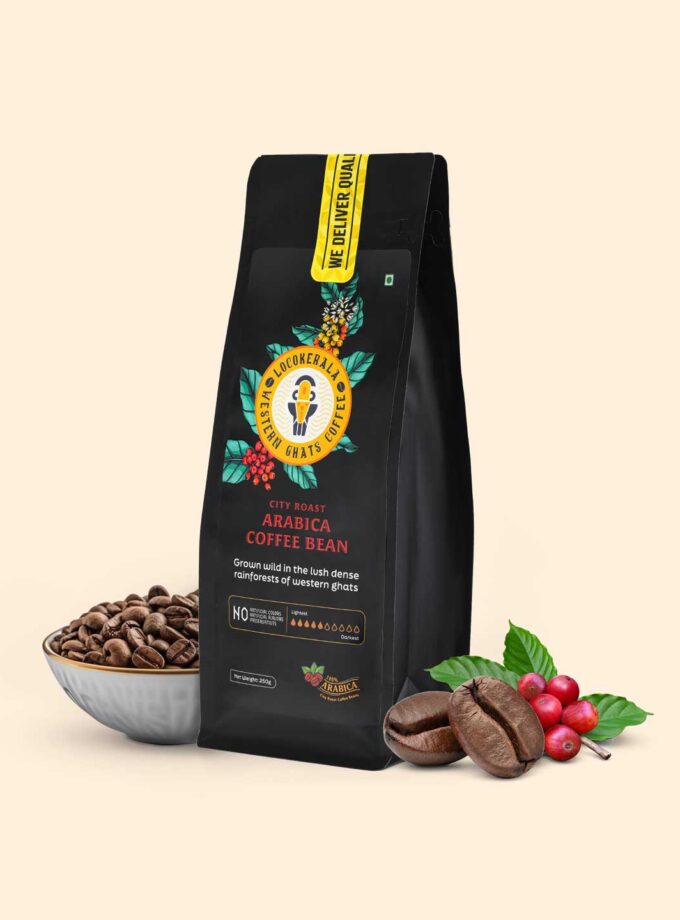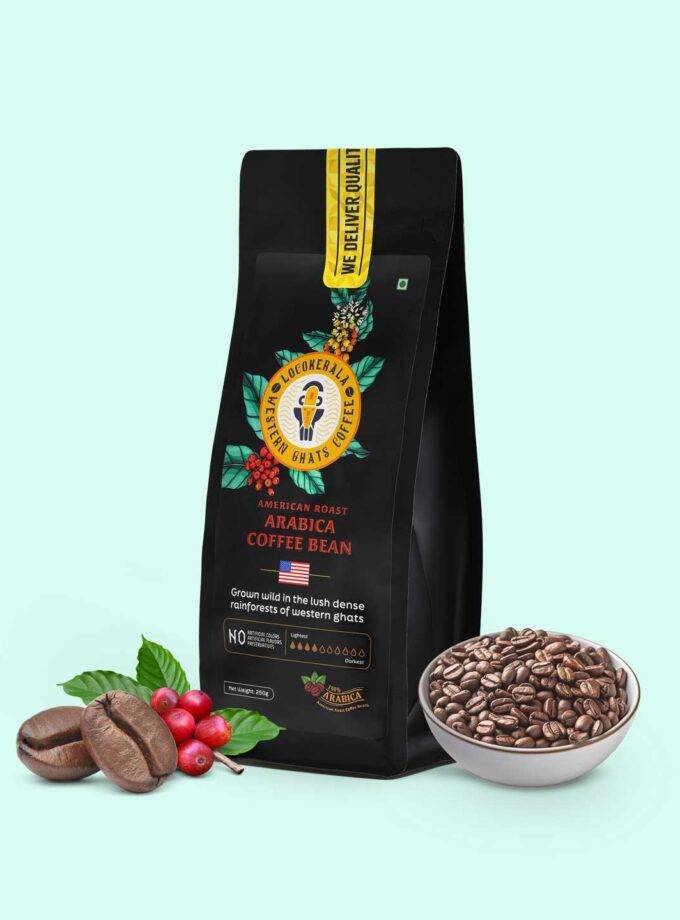Introduction:
In the intricate world of coffee, the debate about freshness isn’t just about taste; it extends to the economic landscape. This exploration reveals that while fresh coffee is a top choice, small farmers face challenges due to the strategic sourcing of aged coffee by big traders. This impacts market dynamics and poses sustainability challenges for small-scale producers.
The Freshness Advantage and Its Perks:
Fresh coffee, known for its vibrant flavours, comes at a higher price. Yet, for savvy consumers, the benefits go beyond cost.
- Top-Notch Flavor: Fresh coffee offers an unmatched flavour experience. Recently harvested beans bring a symphony of tastes and aromas, from floral to fruity, making the coffee-drinking experience a sensory delight.
- Unique Profiles: Small farmers’ commitment to organic practices creates distinct coffee profiles. Each cup tells a story of the coffee type, terroir, and cultivation techniques, offering a diverse range of coffees for exploration.
- Healthier Choices: Minimal processing of freshly harvested beans preserves natural compounds, potentially providing health benefits. Antioxidants and bioactive compounds in fresh coffee make it a healthier beverage choice.
- Supporting Sustainability: Choosing fresh coffee supports ethical farming practices. Consumers contribute to small farmers’ livelihoods and environmentally friendly cultivation methods.
Navigating Market Dynamics:
While fresh coffee has benefits, consumers must navigate economic realities. Balancing support for small farmers, enjoying premium flavours, and being budget-conscious is key.
The Freshness Premium:
Fresh coffee’s higher price reflects the care and sustainable practices of small farmers, impacting the market.
- Higher Prices: The premium for fresh coffee reflects the meticulous care in cultivation. While justifiable for quality, it influences the overall market.
- Impact on Small Farmers: Higher prices support unique flavours, sustainable practices, and small farmers’ livelihoods. Consumers contribute to preserving these values.
The Aged Coffee Strategy:
Large coffee traders and companies strategically source aged coffee, offering a budget-friendly alternative to consumers.
- Locked-in Old Prices: Sourcing aged coffee at historical prices allows traders to offer a more budget-friendly option to consumers.
- Impact on Small Farmers’ Profitability: Despite economic challenges, consumer awareness of supporting small farmers can counterbalance these issues. Educating consumers about the value of freshness and sustainability fosters a market that benefits both small farmers and consumers.
Conclusion:
The freshness challenge in the coffee industry goes beyond taste to economic intricacies. Small farmers’ dedication enriches the industry, but finding a balance between freshness and economic sustainability is crucial. Consumers, armed with knowledge and a commitment to ethical choices, shape a coffee market diverse in flavours and equitable in economic impact. Supporting small farmers ensures a future where fresh, sustainable, and ethically sourced coffee benefits everyone.
-
Western Ghats City Roast Arabica Whole Bean Coffee
$ 5.92 – $ 8.91 -
Western Ghats American Roast Arabica Whole Bean Coffee
$ 5.92 – $ 8.91 -
Western Ghats Classic Instant Coffee
$ 4.44$ 4.79





 No products in the cart.
No products in the cart.